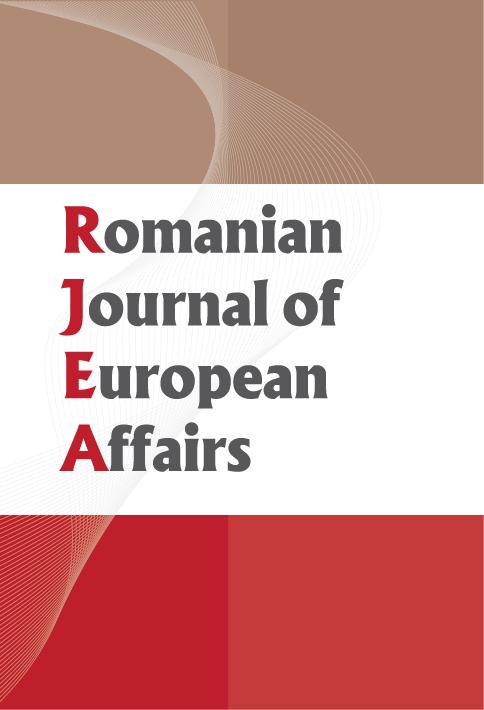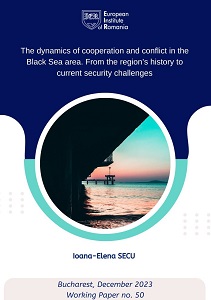
Romanian Journal of European Affairs (RJEA)
Romanian Journal of European Affairs
Romanian Journal of European Affairs (RJEA) is the first Romanian academic publication to display the research on current European topics, hosting papers written by renowned authors (Romanian and international professionals).
The editorial policy is based on the analysis pursued in areas such as: economic and monetary affairs, migration, security, energy, EU institutional design, single market, EU foreign policy, etc.
Considering the recognition of the RJEA’s added-value in the European debates, the journal was indexed in various international scientific databases, such as: Clarivate Analytics (former Thomson Reuters) – Emerging Sources Citation Index (ESCI), ProQuest, SCOPUS, EBSCO, HeinOnline, Cabell’s Directory, DOAJ – Directory of Open Access Journals, SSRN – Social Science Research Network, World Affairs Online (WAO) – IREON, INFOBASE INDEX and Scimago Journal and Country Rank.
Starting with 2017, due to several updates in the editorial policy, the journal is issued on a semi-annual basis (June and December), being published exclusively in English.
The journal applies the BOAI definition of open access: users have the right to “read, download, copy, distribute, print, search, or link to the full texts of these articles”.
Romanian Journal of European Affairs applies, as by 2017, the Creative Commons License “Attribution-NoDerivs CC BY-ND” to all published material. This license allows for redistribution, commercial and non-commercial, as long as it is passed along unchanged and in whole, with credit to Romanian Journal of European Affairs (RJEA), as initial publication source.
More...






